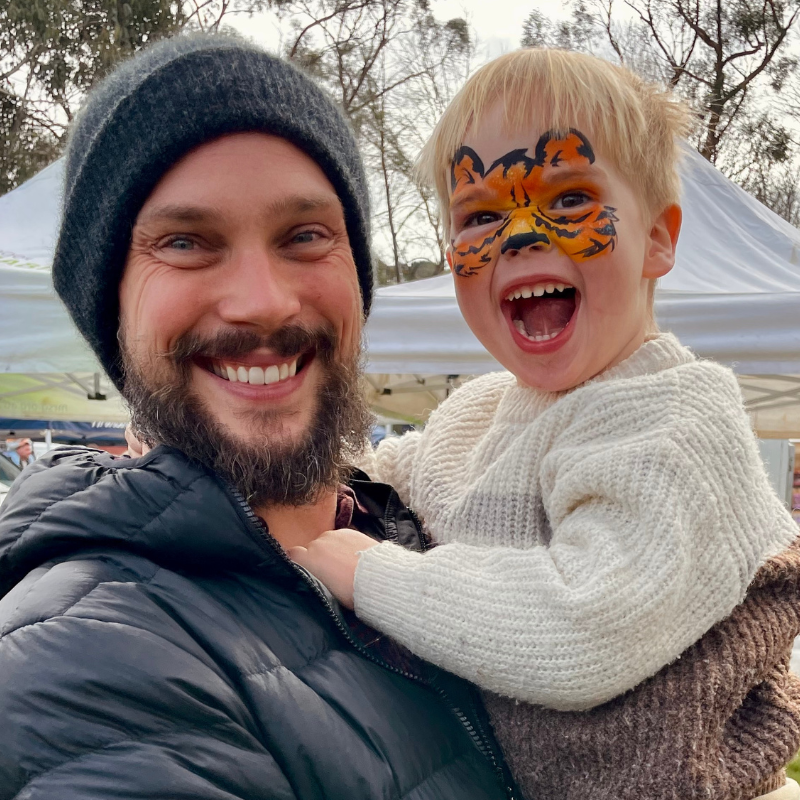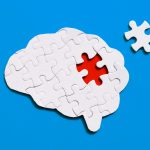What is attention-deficit/hyperactivity disorder (ADHD)?
Attention deficit/hyperactivity disorder (ADHD) is a neurodevelopmental disorder in which problems with attention and/or impulsive behaviour affect someone’s learning, work or social activities.
More information about ADHD
Our health condition guide, including symptoms, diagnosis and treatment, can be found here.
What causes ADHD?
ADHD is caused by lots of interacting factors, not any one single thing.
The brains of people with ADHD develop differently from the brains of others – some parts of the brain are different in size and function – but the reasons for these differences aren’t understood.
There are lots of genes associated with ADHD but none of them cause ADHD on their own. Instead, specific combinations of genes and other factors (e.g. development before birth, social factors and other health conditions) interact to cause the symptoms of ADHD.
What someone with ADHD might be feeling
People with ADHD have symptoms that are often thought of in a negative way (‘deficit’ and ‘disorder’ are part of the condition’s name). Symptoms of ADHD relating to inattention – like a lack of attention to detail, difficulty paying attention, disorganisation, losing things, forgetting appointments and getting sidetracked – are noticed by others and may result in negative judgment. Hyperactivity symptoms – such as fidgeting, appearing impatient and talking a lot – can be annoying to others. Your partner might feel different to others, like they don’t belong. The accumulation of negative judgments over time for people with ADHD can have a cost on their mental health and self-esteem.

Real stories
Adrian on identifying his ADHD as an adult
A diagnosis at 37 helped dad and data analyst, Adrian, deal with decades of symptoms. Here are the signs that were overlooked and what helps him manage the condition.
Read Adrian's story
People with ADHD often develop skills and tools to help minimise the impact of their symptoms. For example, they may make up for forgetfulness by establishing habits or routines, like having a regular place for things so they always know where to find them. They may channel their energy to be successful through sheer persistence.
What you might be feeling
ADHD is a chronic health condition, so living with someone with ADHD can have a significant impact on your life.
You might feel burdened by living with your partner’s emotional outbursts, impulsiveness, forgetfulness and day-to-day challenges, which interfere with home life, parenting, social life, work, and health and wellbeing. You might not understand your partner’s behaviour and feel frustrated about it.
Having a partner with ADHD can feel like “having an extra child”, requiring the taking-on of responsibility for things like looking after the home and kids. This responsibility leaves less time for you to look after yourself.
An important part of living with someone who has ADHD is to find ways to accommodate some of the behavioural effects by using techniques to minimise their impact. Working with your partner to make lists, establish routines, and communicate effectively can help both of you.












